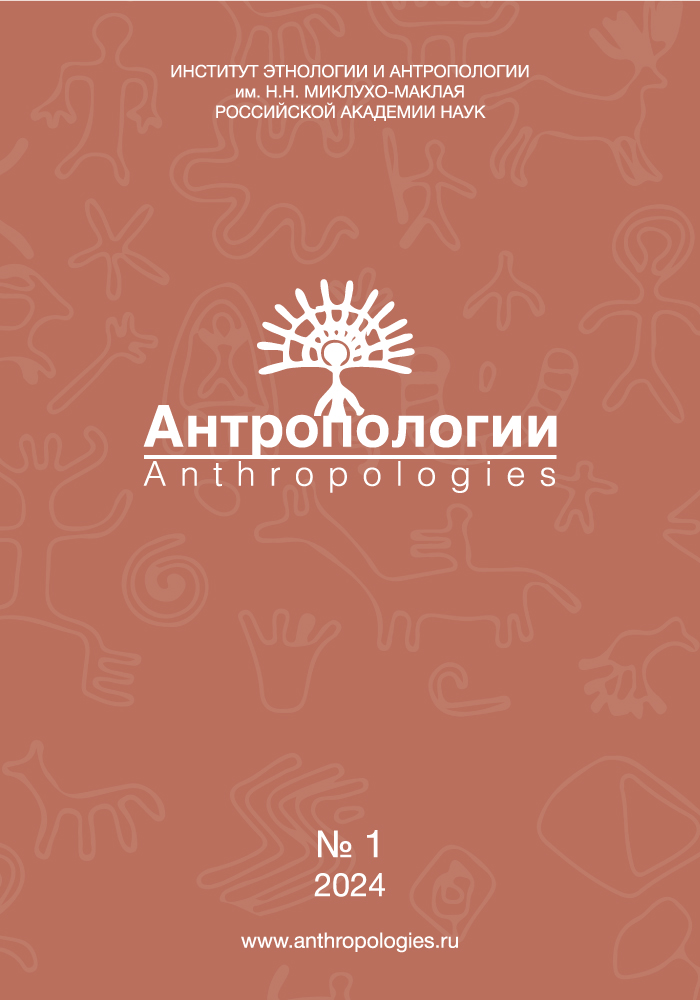(Not)leaving for the winter: cold as an experience and a factor in social interactions in the framework of seasonal migrations (according to ethnographic observations in the Novgorod region)
DOI:
https://doi.org/10.33876/2782-3423/2024-1/79-90Keywords:
cold, winter, rural, wintering residents, social integration, mutual assistance, boredomAbstract
The article is based on the author’s participant observation during wintering in a small village in the Novgorod region (Russia). The influence of cold on the system of social interactions and the structure of the village community is considered. As the main feature of the social structure, villagers emphasize the distinction between two categories of residents: those who spend the winter in the village and those who leave for the winter («dacha residents»), i. e. bring to the fore the structure derived from seasonal migration. The article describes the practices of adaptation to the cold (providing warmth in the home, mobility, formation and preservation of food supplies, etc.) from the point of view of how they form the systems of social interactions, which determine the integration of winter residents. Essentially, we are talking about the dependence of the degree of integration into a village community on the jointly experiencing the cold season and, specifically, the experience of cold.


